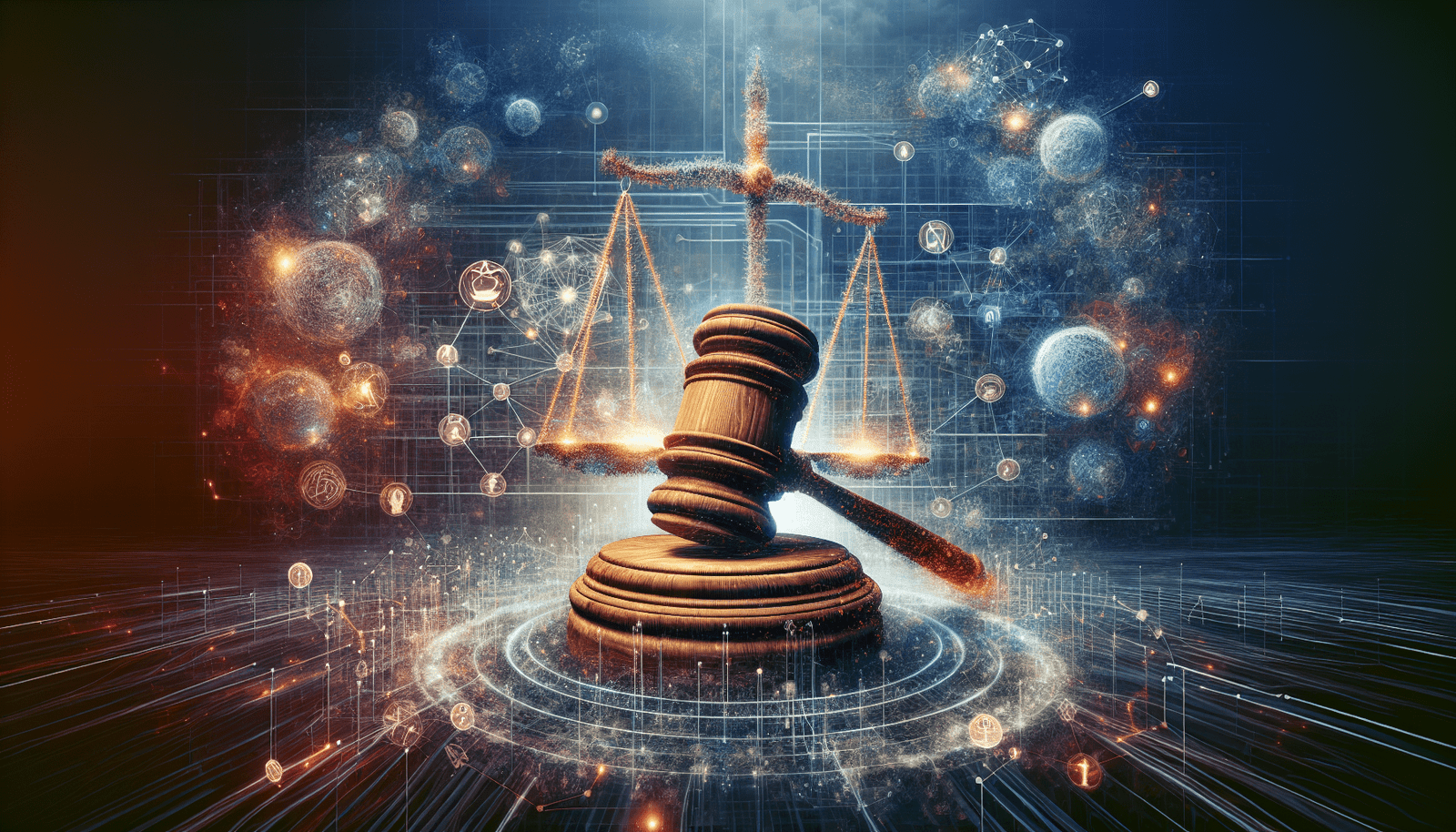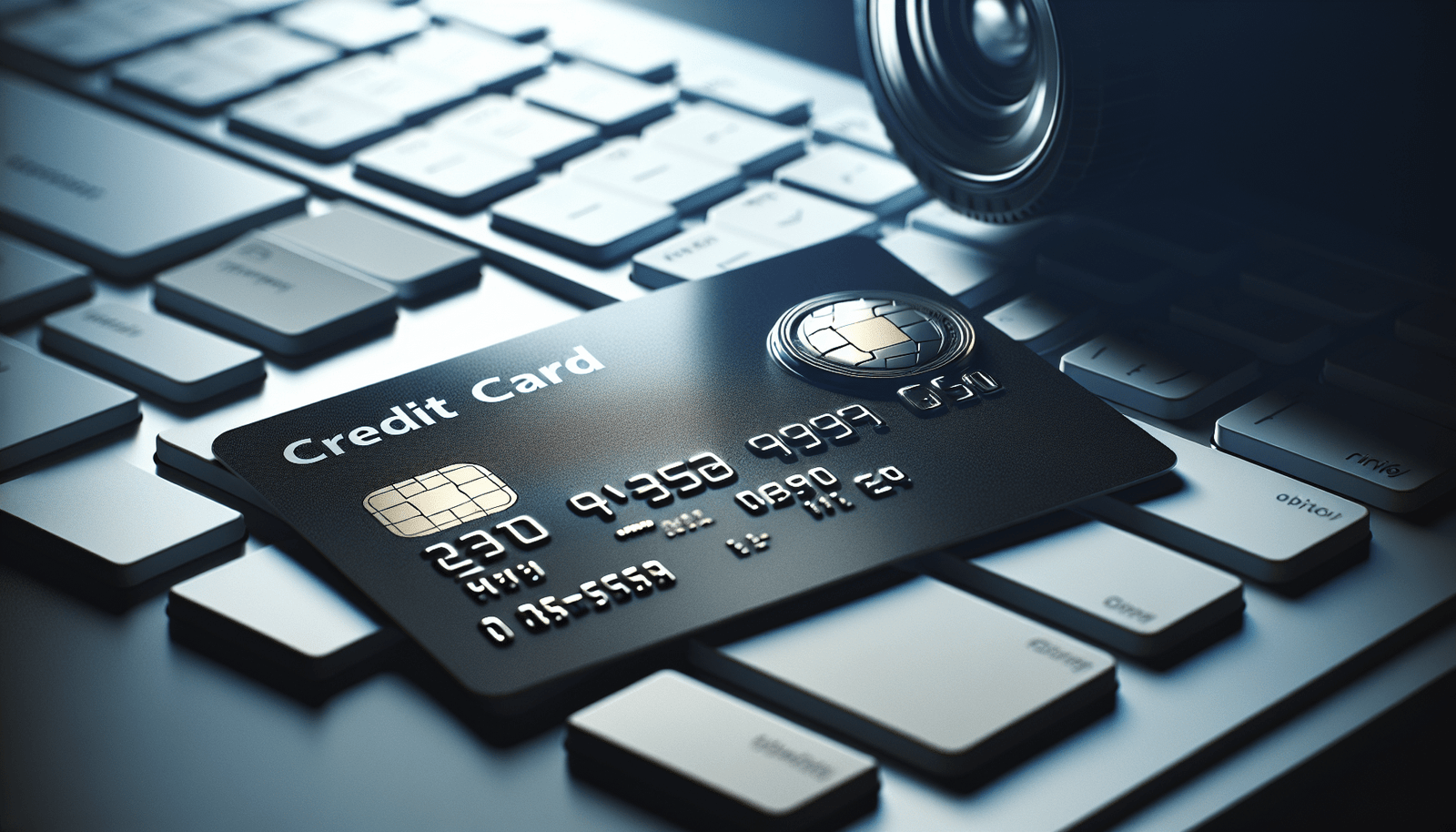Hey there! Have you ever thought about the legal side of podcasting? In my article, “Podcaster Legal Risks and Responsibilities,” I delve into the often-overlooked legal landscape for podcasters. From understanding defamation risks and copyright laws to navigating the ins and outs of FTC guidelines and liability insurance, I’ve got you covered. Using a friendly and conversational tone, I break down complex legal concepts into easy-to-understand information, enriched with a sprinkle of humor and personal anecdotes. This comprehensive guide will ensure you’re not only entertaining your audience but also staying on the right side of the law. Dive in to learn more and keep your podcast legally sound! Have you ever wondered about the legal risks and responsibilities that come with being a podcaster?
I know, it sounds about as fun as reading the terms and conditions you blindly agree to when downloading a new app. But trust me, understanding these risks is crucial if you don’t want your podcasting dreams to turn into a legal nightmare. Let’s dive into the fascinating world of podcaster legal risks and responsibilities. Grab a coffee, sit back, and let’s make this as enjoyable as reading a David Sedaris book. Well, almost.

The Importance of Intellectual Property
First things first, let’s talk about intellectual property (IP). If you’re like me, you probably think “intellectual property” sounds like something only big corporations should worry about. But oh no, my friend, IP is a big deal in podcasting too.
Copyrights and Trademarks
When I started my podcast, I naively thought I could use any music I liked. Wrong. Using copyrighted material without permission can land you in hot water quicker than you can say “cease and desist.” Trust me, I got that email once, and it’s not fun. Make sure you either have the rights to use any music, clips, or artwork or you use material that’s in the public domain.
Fair Use
You’ve probably heard about “fair use” and might think it’s your get-out-of-jail-free card for using copyrighted content. Not quite. Fair use is a legal grey area. It allows you to use snippets of copyrighted work for purposes like criticism, news reporting, education, or parody, but it’s open to interpretation. So, err on the side of caution here.
Here’s a quick tip: When in doubt, reach out to the content creator for permission. It never hurts to ask.
Defamation: Say It, Don’t Slam It
Okay, let’s address the elephant in the room: defamation. This can be a minefield, especially if your podcast features interviews or discussions about people and companies.
Libel and Slander
Defamation can either be libel (written defamation) or slander (spoken defamation). Since podcasting involves the spoken word, we’re treading into slander territory. If you say something false and damaging about someone, you could be sued.
Defending Against Defamation
You do have a defense—a truthful statement isn’t considered defamation, no matter how upsetting it might be. So make sure your facts are accurate. And if you’re offering an opinion, make it clear that it’s just that—an opinion. Clean up your statements like you’re tidying up for a surprise visit from your mother-in-law. Be thorough and meticulous.
Advertising and Sponsorship Disclosure
Ah, the sweet, sweet sound of sponsorship money. But with great sponsorship comes great responsibility.
FTC Guidelines
The Federal Trade Commission (FTC) requires that you disclose any sponsored content. Not mentioning that a company paid you to rave about their amazing products is a big no-no. Make these disclosures clear and conspicuous. Slip them in naturally, but unmistakably, into your podcast episodes.
Native Advertising
Native advertising is designed to blend in with the regular content. It’s like the tofu of advertising—it takes on the flavor of whatever you cook it with. However, the FTC insists that these must still be clearly identified as ads. Your audience should never be misled into thinking a paid ad is your unbiased opinion.
Privacy Concerns: Don’t Be a Creeper
We all like a bit of personal touch in our podcasts, but don’t go too far. Privacy is a serious issue.
Consent is Key
If you’re recording someone, get their consent. No sneaky recordings allowed. Seriously, that’s illegal in many places. Also, if you’re using listener messages or voicemails, make sure to get their permission before airing them.
Data Security
If you collect personal data—say, for a newsletter or a special content offer—ensure that it’s secure. Data breaches can happen to anyone, even podcasters in their basements. Follow best practices for data protection to make sure your subscribers’ info is safe.

Listener Interactions and Community Guidelines
Engaging with your listeners is crucial for building a community around your podcast, but it’s important to set boundaries.
Comment Moderation
While it’s wonderful to have a lively comment section, it can quickly turn toxic. Establish clear community guidelines and moderate comments to ensure they follow the rules. You’re responsible for the content that appears on your platforms, so keep it friendly and respectful.
Managing Disputes
Disputes happen. When they do, handle them promptly and professionally. Whether it’s listener complaints or issues with collaborators, a proactive approach can save you from a world of legal troubles.
Monetization and Legal Agreements
Thinking about monetizing your podcast? Great! But let’s get those legal ducks in a row.
Contracts with Co-hosts and Guests
Clear agreements with your co-hosts and guests can prevent misunderstandings. Outline details like revenue sharing, content rights, and responsibilities. A simple written agreement can save friendships and avoid legal battles.
Revenue Channels
Whether it’s ads, sponsorships, Patreon, or merchandise, make sure you understand the legalities of each revenue channel. For instance, if you’re selling merchandise, do you have the rights to the images and slogans you’re using? Cover these bases early to avoid problems later.
International Considerations
Podcasting is a global game. Your voice can travel further than you think, and different countries have different laws.
Cross-border Issues
Defamation laws, privacy regulations, and intellectual property rights can vary significantly from one country to another. If your podcast has a global audience, stay informed about international legal standards and how they might impact your content.
Localization
Consider localized content guidelines if you have a significant following in a particular country. Tailoring some of your content to meet local norms and legal requirements can make your podcast more appealing and legally sound in those regions.
Case Studies of Podcasting Legal Woes
No article is complete without a few cautionary tales. Let’s look at some real-world examples of podcasters who faced legal challenges.
Case Study 1: Joe Rogan
Joe Rogan faced defamation claims related to his podcast content. His experience underscores the importance of fact-checking and tread carefully when discussing individuals or sensitive topics. It’s a landmine field out there.
Case Study 2: Serial Podcast’s Legal Battles
The popular “Serial” podcast delved into real-life criminal cases, raising questions about privacy and defamation. The show’s success brought legal scrutiny, demonstrating the need for a robust legal strategy when dealing with sensitive and potentially defamatory material.
Practical Tips and Resources
Here are some actionable tips to keep your podcast legally compliant:
- Fact-Check Everything: Double and triple-check the accuracy of your statements.
- Get Written Consent: Always get written consent for recorded interviews or the use of listener-submitted content.
- Consult a Lawyer: If you’re monetizing your podcast or delving into sensitive topics, consulting a lawyer can offer invaluable peace of mind.
- Use Disclaimers: Clearly state when your content is an opinion and not a factual claim.
- Stay Updated on Laws: Laws change, so make it a habit to stay updated on relevant legal requirements.
Resources
- Electronic Frontier Foundation (EFF): Offers great resources for digital creators.
- Creative Commons: A good source for finding content you can freely use with attribution.
- Legal Zoom: For simple legal documentation and advice.
By understanding these legal risks and acting responsibly, you can focus on what truly matters—creating amazing content that resonates with your audience. Plus, you’ll sleep better knowing your podcast is on the right side of the law. So grab that microphone and rock on, safely and legally!



